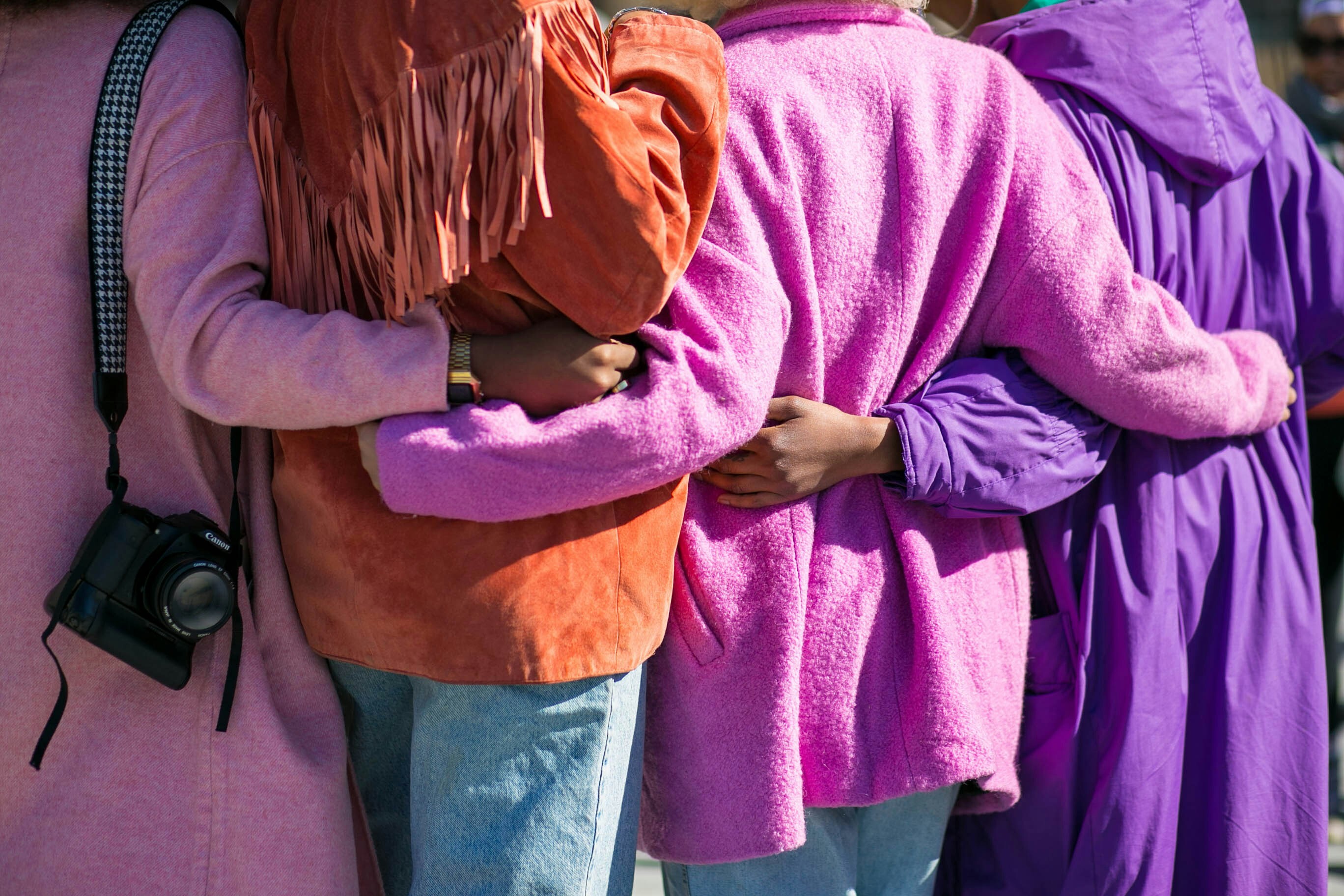International Women's Day
International Women's Day (IWD) stands as a global tribute to the social, economic, cultural, and political achievements of women, as well as a call to action for gender equality. Observed annually on March 8th, this day serves as a reminder of the ongoing struggle for women's rights and empowerment worldwide. From its humble origins to its contemporary significance, International Women's Day has evolved into a powerful symbol of solidarity, activism, and hope.
Origins and Historical Significance
The roots of International Women's Day trace back to the early 20th century, marked by burgeoning movements for women's rights and suffrage. The inaugural observance is often linked to the Socialist Party of America's National Women's Day, which was held on February 28, 1909. Inspired by this event, subsequent gatherings were organised in various countries, advocating for women's equality and labour rights.
However, the pivotal moment for International Women's Day occurred in 1910 when the second International Conference of Working Women convened in Copenhagen, Denmark. Amongst the attendees was Clara Zetkin, a prominent German Marxist theorist and women's rights activist. Zetkin proposed the establishment of an annual Women's Day to mobilise women globally and demand suffrage, improved working conditions, and gender equality. Her proposal garnered unanimous support, leading to the official declaration of International Women's Day on March 8th 1911.
Purpose and Objectives
From its inception, International Women's Day has served as a platform to address a myriad of gender-based issues, including wage disparities, reproductive rights, violence against women, and barriers to education and employment. It embodies the spirit of resistance and resilience, emphasising the need for collective action to dismantle systemic inequalities and empower women from all walks of life.
The overarching goal of International Women's Day is to foster awareness, dialogue, and advocacy surrounding gender equality. It aims to celebrate the achievements of women while highlighting the persistent challenges they face in achieving full equality. Moreover, the day serves as a catalyst for meaningful change, inspiring individuals and organisations to take concrete steps toward gender parity and social justice.
Global Observance and Celebration
International Women's Day is commemorated worldwide through a diverse array of activities, events, and initiatives. From grass-roots protests to government-sponsored campaigns, people across the globe come together to honour women's contributions and advocate for their rights.
In many countries, International Women's Day is marked by rallies, marches, and demonstrations, where participants voice their demands for gender equality and social justice. These gatherings serve as platforms for women to share their stories, express their grievances, and amplify their voices in the public sphere. Additionally, cultural performances, art exhibitions, film screenings, and panel discussions are organised to celebrate women's achievements and promote gender-inclusive narratives.
Notable Figures and Influential Voices
Throughout history, numerous trailblazing women have played instrumental roles in advancing the cause of gender equality and shaping the legacy of International Women's Day. Amongst them are:
Clara Zetkin: As the visionary behind International Women's Day, Clara Zetkin was a pioneering advocate for women's rights and socialist principles. Her steadfast commitment to gender equality laid the foundation for the global observance of this historic day.
Gloria Steinem: A leading feminist icon and social activist, Gloria Steinem has been a prominent voice for women's rights for over five decades. Her groundbreaking work as a writer, lecturer, and organiser has helped galvanise generations of feminists and advance the fight for gender equality.
Malala Yousafzai: A fearless advocate for girls' education and human rights, Malala Yousafzai has become a symbol of resilience and courage worldwide. Despite facing violence and persecution, she continues to champion the cause of education for all, inspiring millions with her unwavering determination.
Emma Watson: Best known for her role as Hermione Granger in the Harry Potter film series, Emma Watson has emerged as a passionate advocate for gender equality in her adulthood. Through her work with the United Nations and the HeForShe campaign, she has sparked crucial conversations about feminism and mobilised support for women's rights globally.
International Women's Day serves as a powerful reminder of the ongoing struggle for gender equality and the imperative of collective action. From its origins in the early 20th century to its contemporary resonance, this day embodies the spirit of solidarity, resilience, and hope. As we celebrate the achievements of women and honour their contributions to society, let us also recommit ourselves to the pursuit of a more just, equitable, and inclusive world for all.
So, as March 8th rolls around, let's take a moment to celebrate all the wonderful women in our lives and those that came before them. And if you were wondering... yes, there is an International Men's Day - November 19th.

Photo credit: Vonecia Carswell





Comments